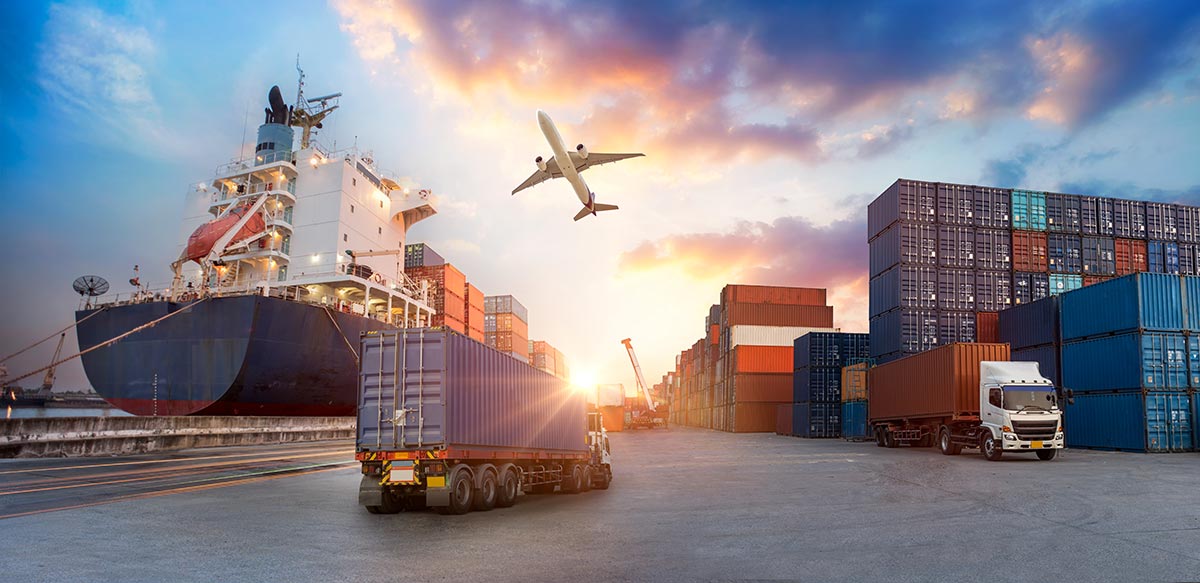Introduction: The Importance of Resilience
In my years of steering companies through ups and downs, one lesson stands out distinctly: resilience is key, especially in the supply chain. In the industrial sector, the complexity and scale of operations make supply chains particularly vulnerable to disruptions, whether they’re due to economic swings, geopolitical tensions, or natural disasters. Today, I want to share strategies that have proven effective in building resilient supply chains that not only withstand challenges but also adapt and thrive in the face of them.
Assessing Vulnerabilities: The First Step to Resilience
Understanding Your Supply Chain
The first step in fortifying your supply chain is to thoroughly understand its components. This means mapping out every link, from raw materials to delivery of the final product. In my role at Aspire Conseil, I’ve emphasized the importance of this comprehensive mapping to identify critical nodes and potential bottlenecks that could impact operations.
Risk Assessment
Once you have a clear map, the next step is conducting a detailed risk assessment. This involves identifying the risks each segment of your supply chain faces, including supplier risks, logistical risks, and market risks. Tools like risk probability matrices can help prioritize these risks based on their potential impact and the likelihood of their occurrence.
Strategic Supplier Relationships: A Cornerstone of Resilience
Diversifying Suppliers
One of the most effective strategies I advocate for is diversification of suppliers. Relying on a single supplier or region for critical components can leave your supply chain vulnerable. By establishing relationships with multiple suppliers, spread across different geographies, you can mitigate the risk of disruptions.
Collaborative Partnerships
Building strong relationships with suppliers goes beyond contracts and transactions. It involves developing partnerships where there is mutual benefit and shared risk. Such collaborations can lead to better innovation, improved efficiency, and more flexibility in handling crises.
Leveraging Technology: Enhancing Visibility and Responsiveness
Implementing Advanced Analytics
Technology plays a pivotal role in modern supply chains. Advanced analytics can provide predictive insights that help anticipate disruptions and respond proactively. For instance, AI-driven tools can analyze patterns in supply chain data to predict potential delays and suggest alternative actions.
IoT and Real-Time Tracking
The Internet of Things (IoT) has transformed supply chain management by enabling real-time tracking of goods and materials. IoT devices can monitor conditions like temperature and humidity, which are crucial for sensitive industrial goods, ensuring they are transported and stored appropriately.
Sustainable Practices: Aligning with Long-Term Viability
Eco-Friendly Supply Chain
Sustainability is not just good for the planet; it’s good for business resilience too. Eco-friendly practices in the supply chain can reduce costs, improve brand reputation, and ensure compliance with increasing environmental regulations. At Aspire Conseil, we’ve integrated sustainability into our supply chain strategies, focusing on reducing waste and using environmentally friendly materials.
Long-Term Supplier Agreements
Long-term agreements with suppliers can foster stability and reliability in the supply chain. These agreements ensure a steady supply of materials and help suppliers invest in their operations, improving overall efficiency and reducing the likelihood of disruptions.
Building a Culture of Continuous Improvement
Employee Training
A resilient supply chain is only as strong as the people who manage it. Regular training for employees on the latest supply chain management techniques and technologies is essential. This empowers them to make informed decisions and take proactive measures when issues arise.
Regular Reviews and Updates
The industrial sector is dynamic, with new challenges and opportunities constantly emerging. Regularly reviewing and updating supply chain strategies is critical. This not only involves reacting to changes but also proactively looking for ways to improve and strengthen the supply chain.
Conclusion: A Strategic Imperative for Industrial Leaders
Building a resilient supply chain is a strategic imperative for leaders in the industrial sector. It requires a thoughtful approach that combines risk management, strong supplier relationships, advanced technology, sustainable practices, and a culture of continuous improvement. In my experience, these strategies not only prepare businesses to handle disruptions but also position them to seize opportunities in a volatile market. As leaders, our goal should not just be to survive challenges but to emerge stronger and more capable than before.
